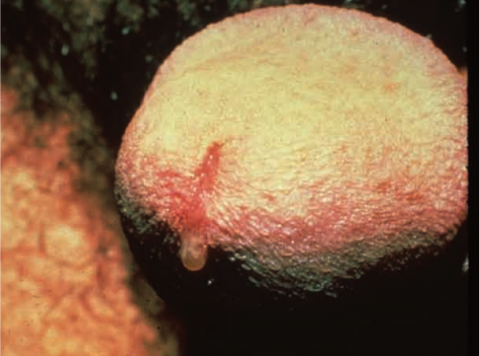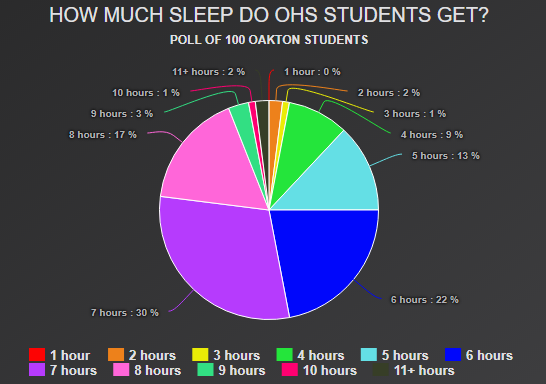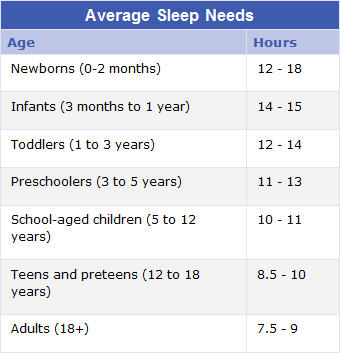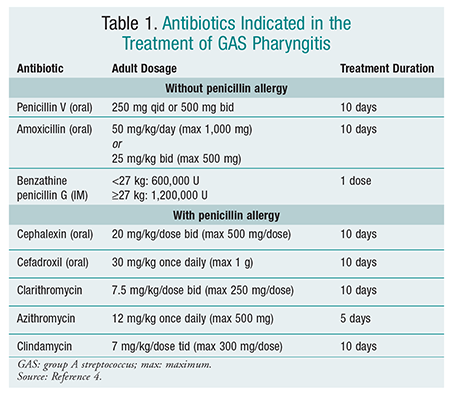Hepatitis B Virus HBV infection is prevalent worldwide. Hepatitis B in children is swelling and inflamed tissue of the liver due to infection with the hepatitis B virus HBV.
 The Hepatitis B Vaccine Babycenter
The Hepatitis B Vaccine Babycenter
Diarrhea loss of appetite.

Hepatitis b in babies. Immunization against hepatitis B disease is recommended for all newborn babies infants children and adolescents up to 19 years of age. Mild fussiness or crying. When hepatitis B virus is perinatally acquired an infant has approximately a 90 percent chance of becoming a chronic carrier and when chronically infected has a.
This infection is caused by a. The first shot is usually given at 6 weeks of age but in order to protect infants from hepatitis B beginning at birth a monovalent or single dose of the hepatitis B vaccine is also recommended within 24 hours of birth. People who are likely to be exposed to hepatitis B are.
Without postexposure immunoprophylaxis approximately 40 of infants born to HBV-infected mothers in the United States will develop chronic HBV infection approximately one-fourth of whom will eventually die from chronic liver disease. Pregnant women who have hepatitis B infection or are carriers of hepatitis B virus can give the disease to their babies when they are born. Hepatitis B infection is a potentially serious condition.
Feeling weak or tired. The hepatitis B vaccine is given as a series of three shots. Their hepatitis B vaccine series can then be completed with the pentavalent or hexavalent vaccine on the recommended schedule.
It can also be spread by sharing personal items such as razors and toothbrushes. The Advisory Committee on Immunization Practices ACIP recommends. Hepatitis B infection and the risk to your baby Each year in the UK around 3000 babies are born to women who have hepatitis B infection.
Babies may catch the virus during pregnancy if their mother has the virus. These babies often suffer serious long-term illnesses from the disease. Hepatitis B is spread when blood from an infected person enters another persons body.
According to a new American Academy of Pediatrics AAP policy newborns should now get. The first dose is given within 24 hours of birth. About 10 million people are chronically infected with HBV in Bangladesh and it is possible that most infections occur during childhood.
An infant or young child who contracts hepatitis B is at greater risk of staying infected with the virus and of having life-long liver problems such as scarring of the liver and liver cancer. Hepatitis B virus HBV infection in a pregnant woman poses a serious risk to her infant at birth. The second dose is given one to two months after the first dose and the third dose is given between 6 months and 18 months of age.
Common side effects include. Other common hepatitis virus infections include hepatitis A and hepatitis C. Administration of hepatitis B vaccine and hepatitis B immune globulin HBIG for infants born to HBV-infected women.
Babies born to mothers who have hepatitis B Babies born to mothers who have come from a country where hepatitis B is widespread such as southeast Asia and China People in long-term care People. The protecting your baby against hepatitis B immunisation leaflet explains the course of vaccinations for babies born to women with hepatitis B to help. Chronic Hepatitis B in Children - A Review.
Universal hepatitis B vaccination within 24 hours. It can be spread through needlesticks and sharp instruments. Hepatitis B Virus HBV in Children.
The prevalence is lowest 02-05 in countries having high standard of living.












